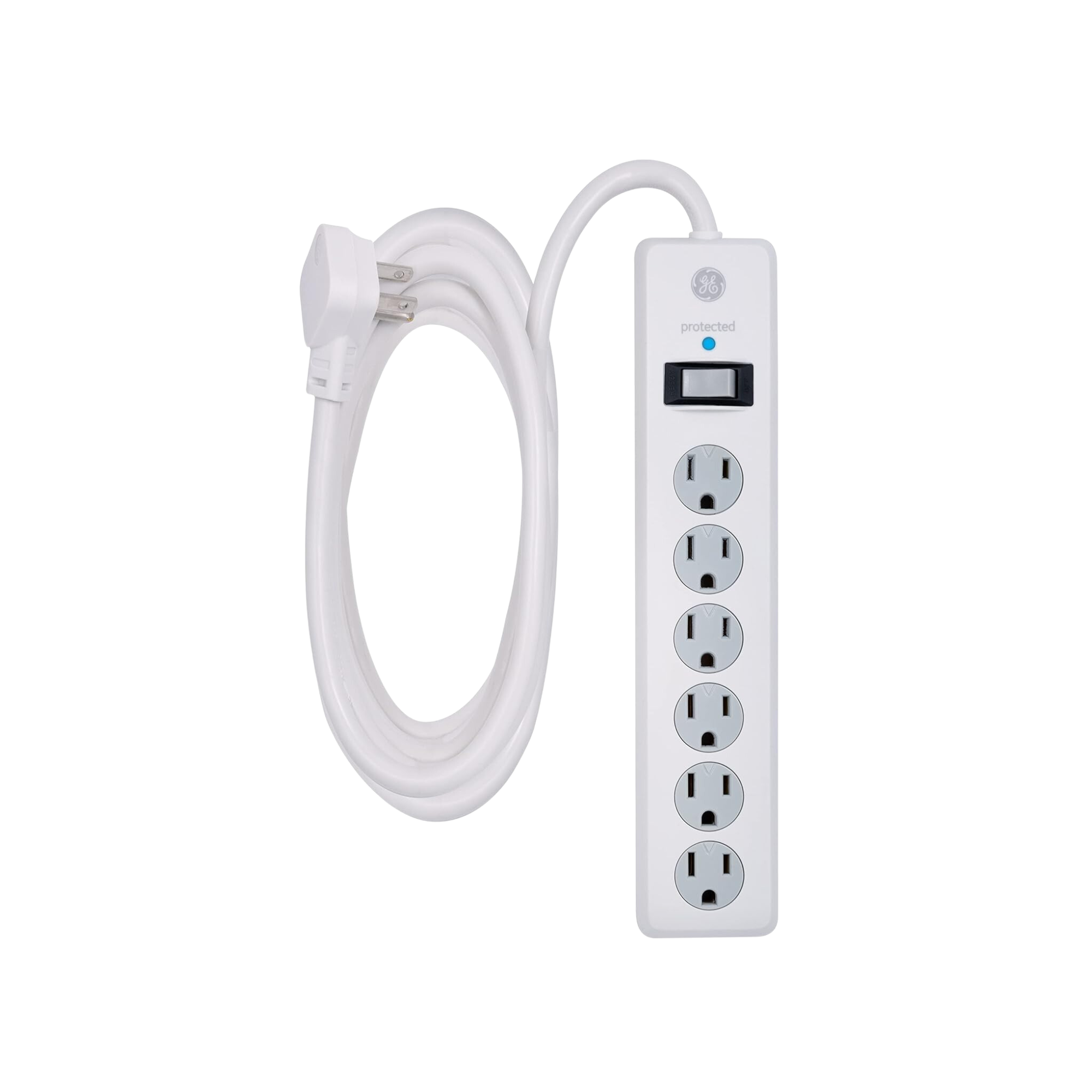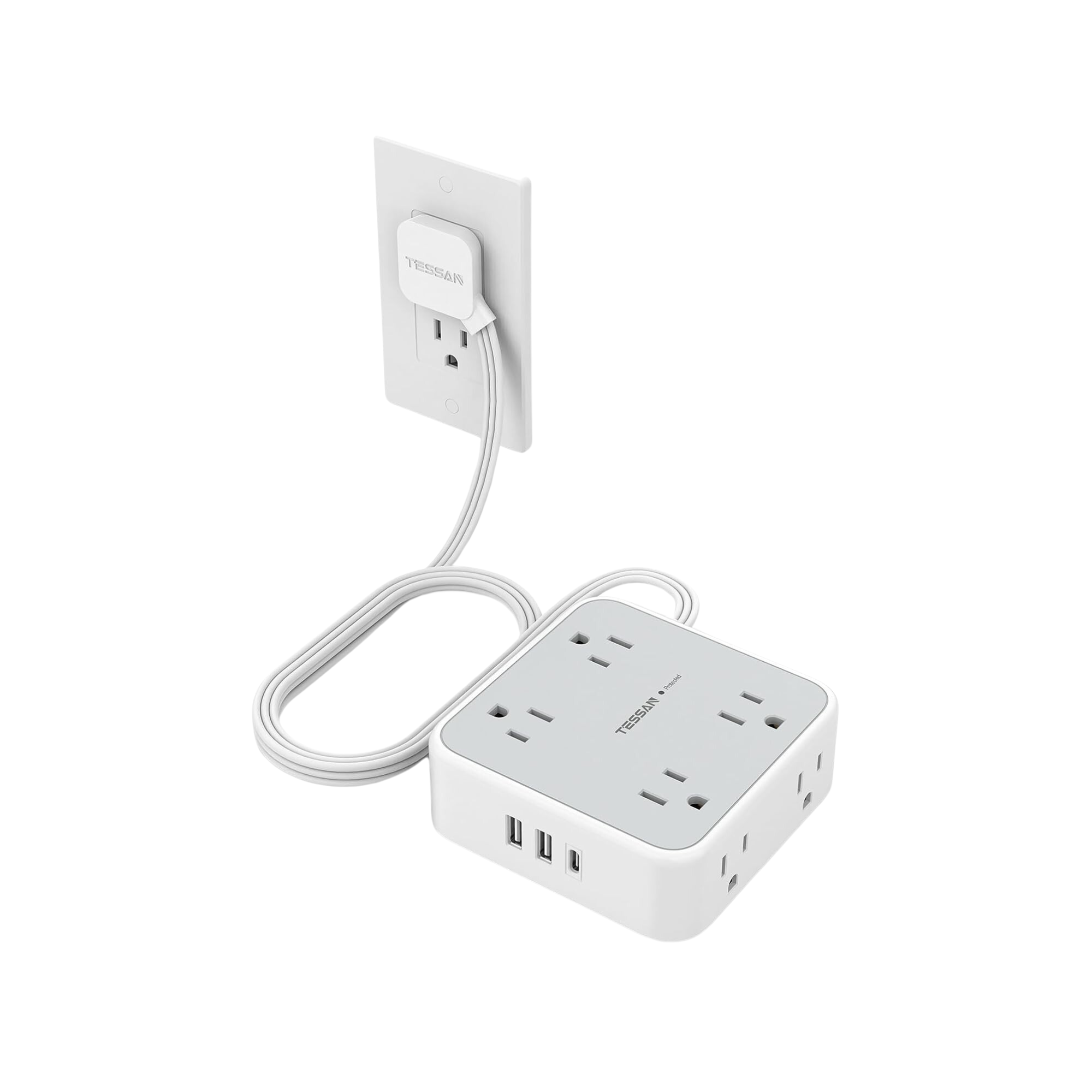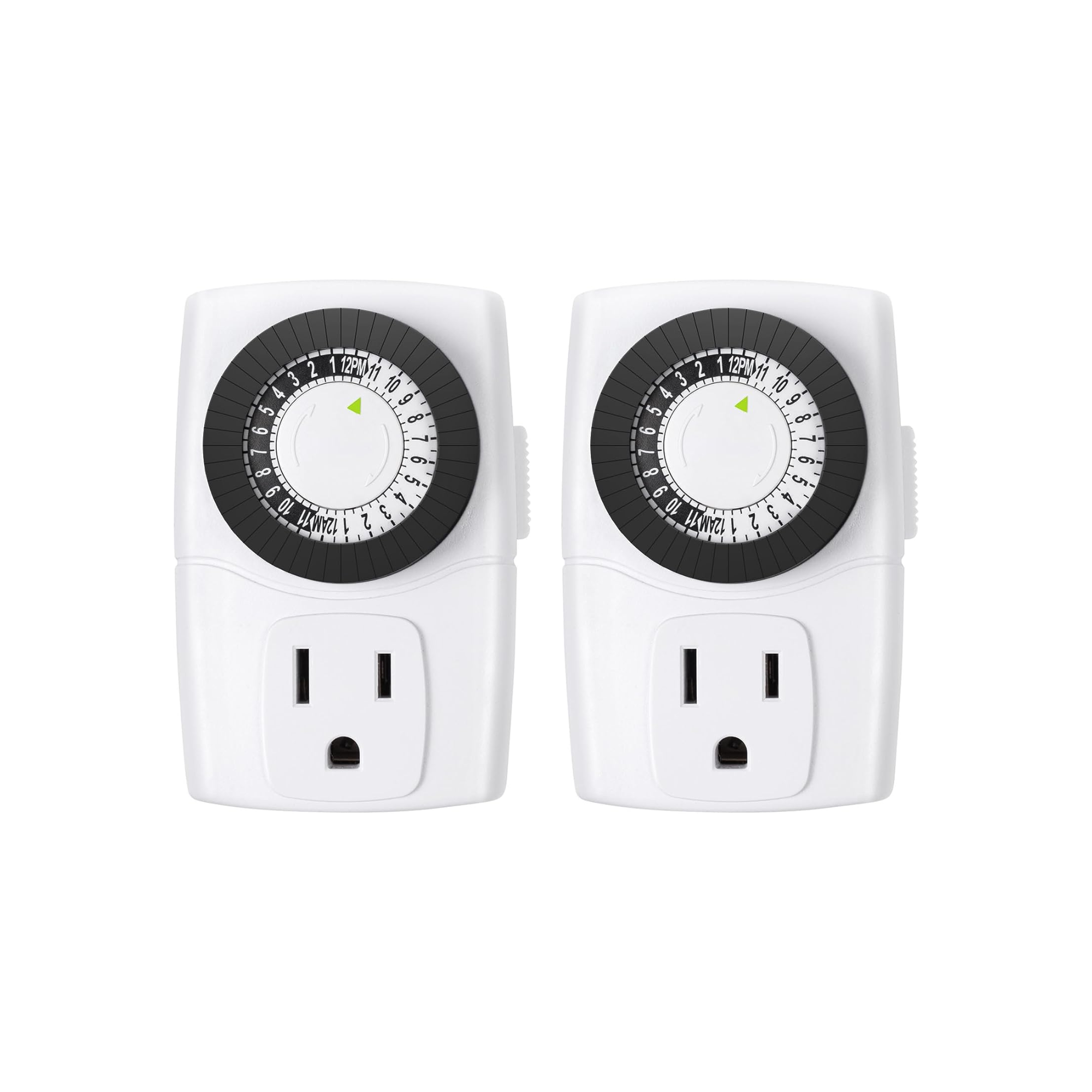5 Home Appliances Experts say you Should Never Plug Into an Extension Cord
Avoid using an extension cord to utilize these appliances, no matter how convenient it may seem

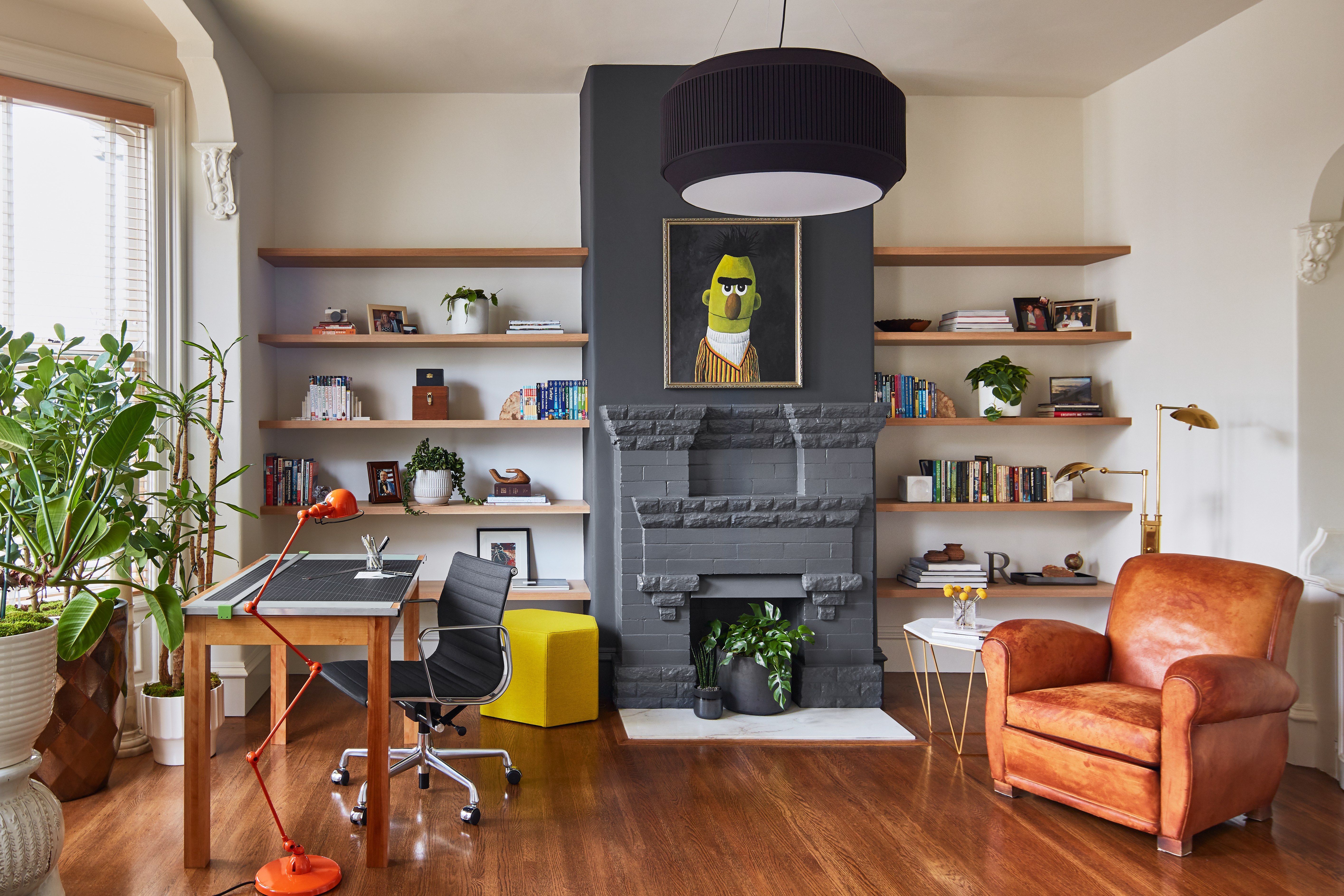
The Livingetc newsletters are your inside source for what’s shaping interiors now - and what’s next. Discover trend forecasts, smart style ideas, and curated shopping inspiration that brings design to life. Subscribe today and stay ahead of the curve.
You are now subscribed
Your newsletter sign-up was successful
Convenience is a common theme throughout our homes these days. With technological advances and new launches popping up every other day, it's becoming more common for homes to be chockful of items that each have a job so specific that it's targeted to niche everyday tasks and chores. And with social media feeding us tonnes of advertisements that cater to our needs, it's not difficult to accumulate our fair share of home gadgets.
Now, who doesn't love a quick-fix gadget that helps out around the house? The only problem that we've noticed is that sometimes you find yourself with far too many gadgets and not nearly enough outlet points, so we rely on the trusty extension cable that happens to be a staple in any modern home.
However, having spoken to the experts, we found out that we've been posing a risk to our homes by plugging in appliances that simply aren't meant for extension cords, much like the appliances you should never plug into a power strip. To avoid any hazards or fire risks, here's a rundown of the home appliances you should not be plugging into your extension cord, for a safer home environment.
1. Kitchen Appliances
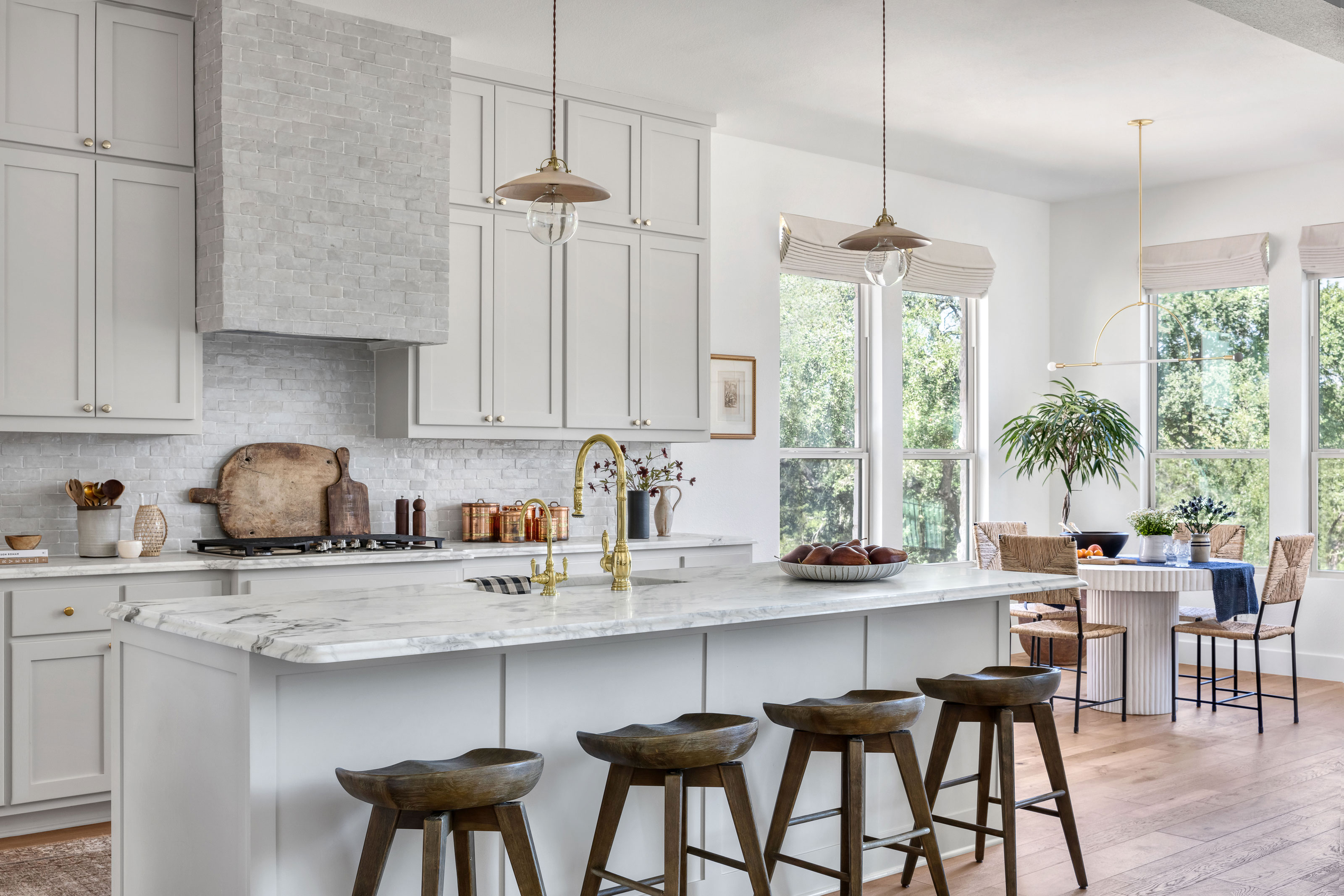
Kitchen appliances may seem like they could do no harm when plugged into an extension cord but tech expert Jesus Cruz tells us that doing so can lead to overheating of the cord and potentially cause a fire hazard. 'Large kitchen appliances such as refrigerators, dishwashers, and microwaves draw a significant amount of power and so they're not meant to be used with an extension cord,' he says.
Dan Mock, vice president of operations at Mister Sparky, explains that since refrigerators and freezers are constantly in use, they need more power to operate than other devices. 'Plugging them into power strips may cause the circuit to trip, so it's best to have these devices plugged directly into a wall outlet,' he notes. And it's not just the large appliances you have to worry about, either. 'Though lightweight in appearance, coffee makers and toasters use a lot of power and could overload a power strip or even cause a fire' says Dan.
2. Temperature Regulators
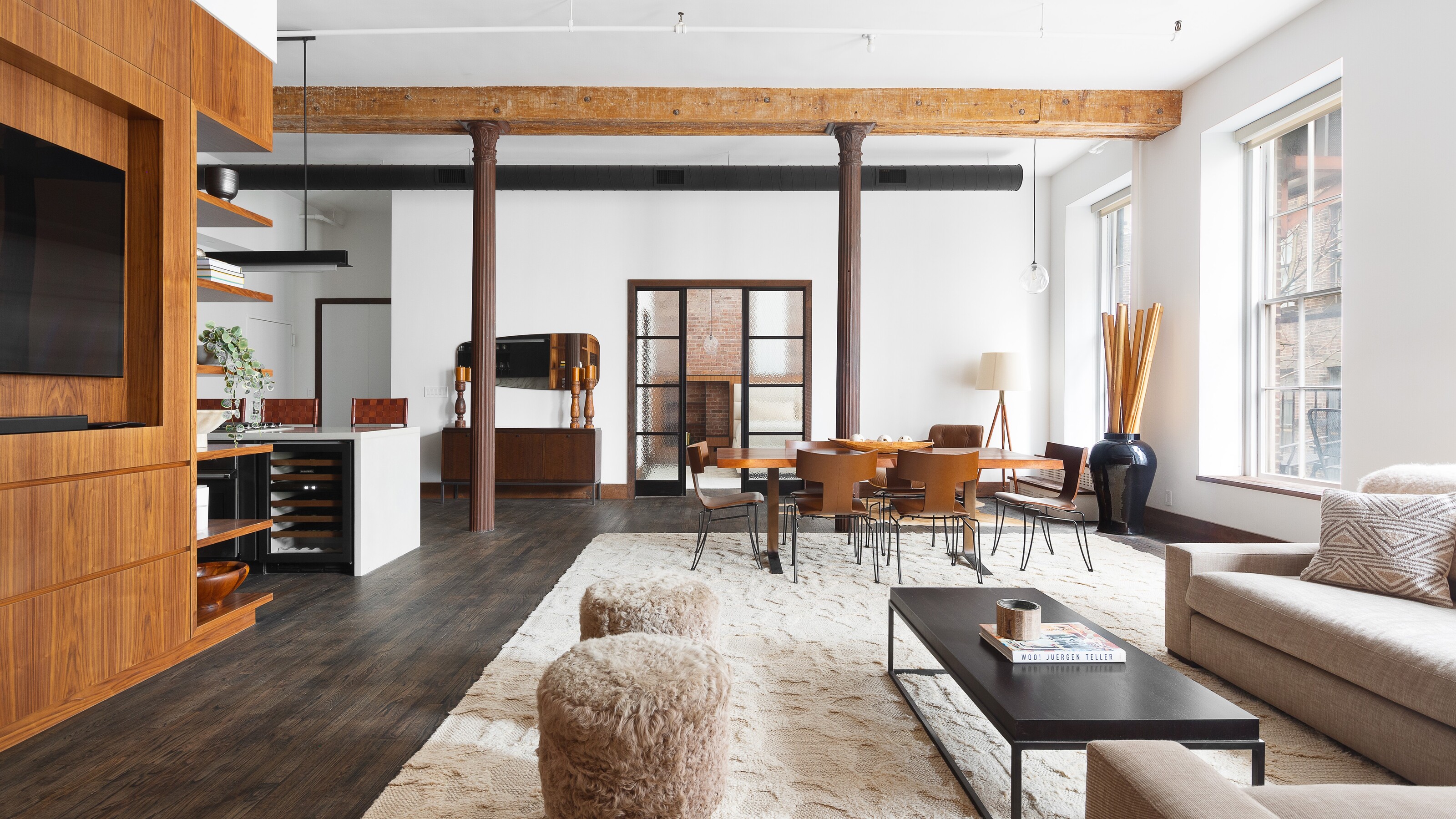
While temperature regulators like air conditioners and space heaters are a home essential needed to keep us warm or cool depending on the time of the year, they must be operated with caution. Jesus tells us that space heaters consume a considerable amount of energy and generate a lot of heat. 'Using an extension cord with a space heater can overload the cord and increase the risk of fire,' he notes. 'Similarly, air conditioners also draw a high amount of power making it unsafe to plug into an extension cord.'
Believe it or not, even electric blankets are not meant to be used with the help of a power strip, either. According to Jesus, running an electric blanket on an extension cord can cause the strip to overheat and spark a fire. This is especially dangerous if you've found your electric blanket malfunctioning.
The Livingetc newsletters are your inside source for what’s shaping interiors now - and what’s next. Discover trend forecasts, smart style ideas, and curated shopping inspiration that brings design to life. Subscribe today and stay ahead of the curve.
3. Laundry Appliances
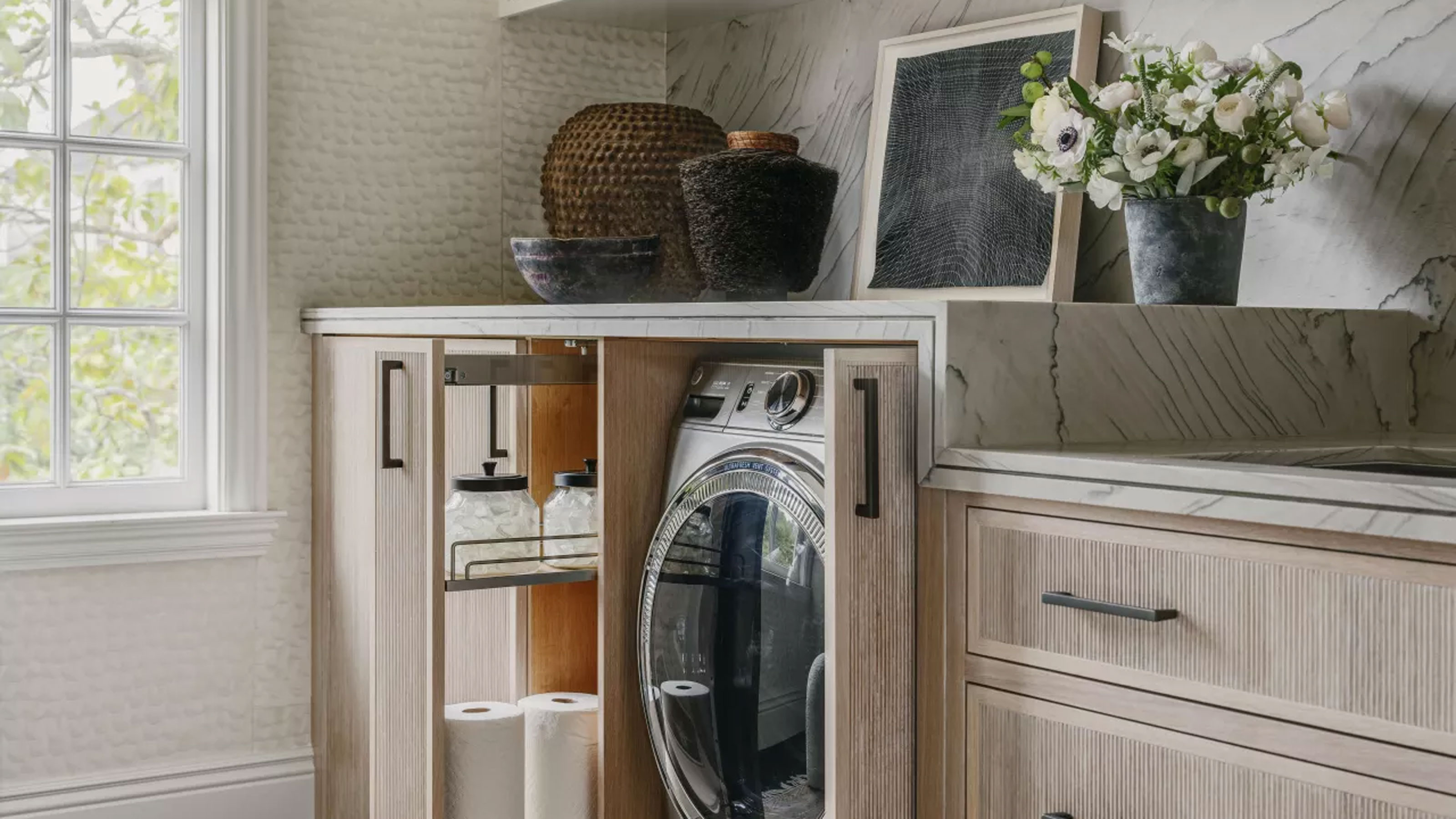
Laundry rooms, in general, tend to be small cramped areas with very few electrical power points, so you may be tempted to operate your washing room out of an extension cord. However, this may not be the best solution to your problems.
Jesus warns us against plugging large heavy-duty appliances like washing machines and clothes dryers into a power strip. 'These appliances use a lot of power, especially during certain energy-high cycles such as drying,' he explains. 'Using an extension cord as the source of electricity makes your home susceptible to a possible fire due to potential overheating of the cord.'
Instead of operating your laundry appliances on a power strip, consider fixing more electrical points in each room or taking turns using certain appliances to make do with limited power sources.
4. Hair Care Devices
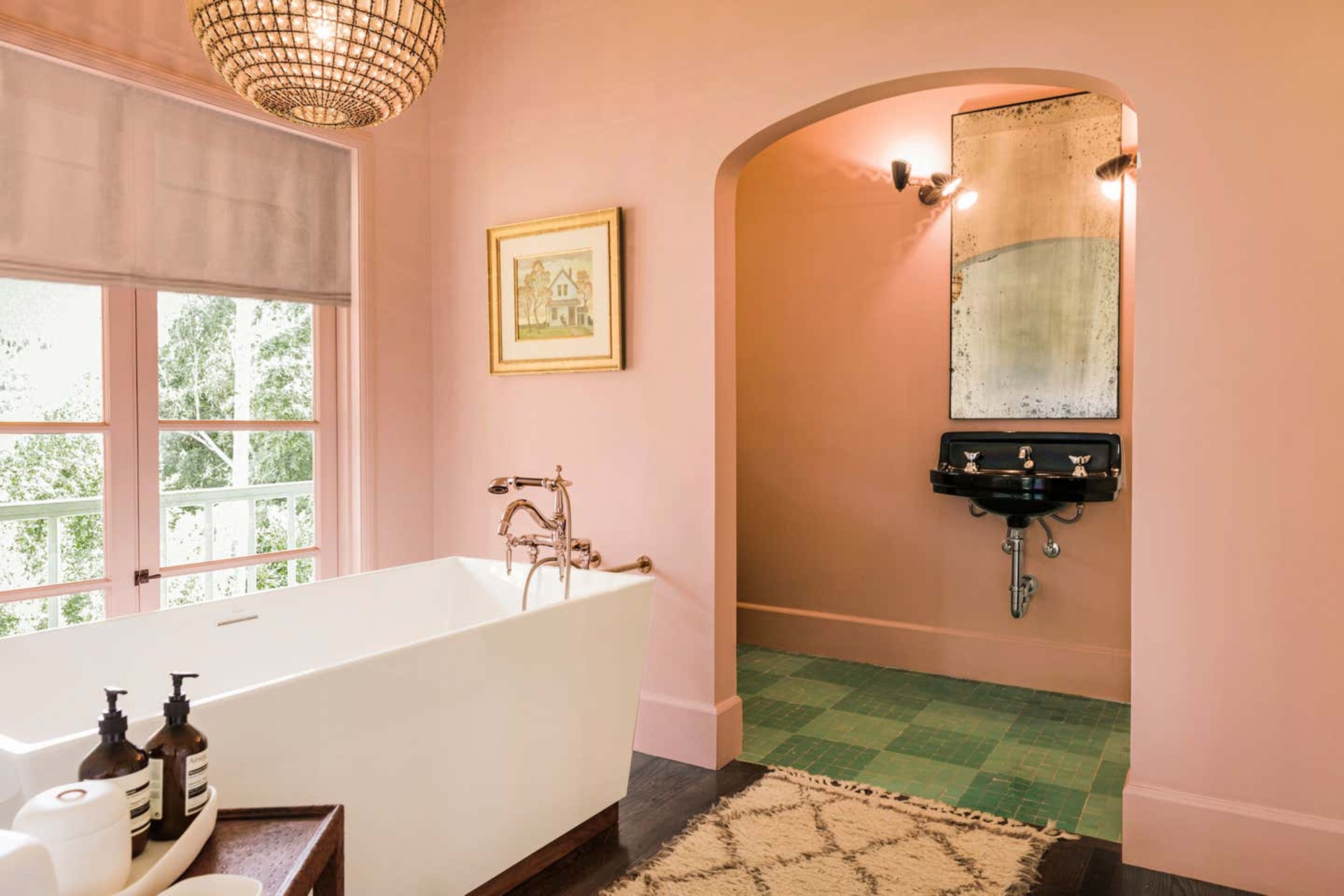
We did not see this coming but hair care appliances and power strips are not a match made in heaven. In fact, it's extremely dangerous to use hair care devices while having them plugged into an extension cord.
Dan tells us that hair dryers, curling wands, and straighteners need a lot of heat to function correctly, thus a large amount of electricity is required to have them heated. 'With hair-care appliances, it is best to have an electrician install a GFCI outlet to your home to avoid common bathroom hazards such as accidental water exposure,' he notes. It's especially unsafe if you happen to be using such appliances attached to a power strip inside a small bathroom.
5. Power Tools
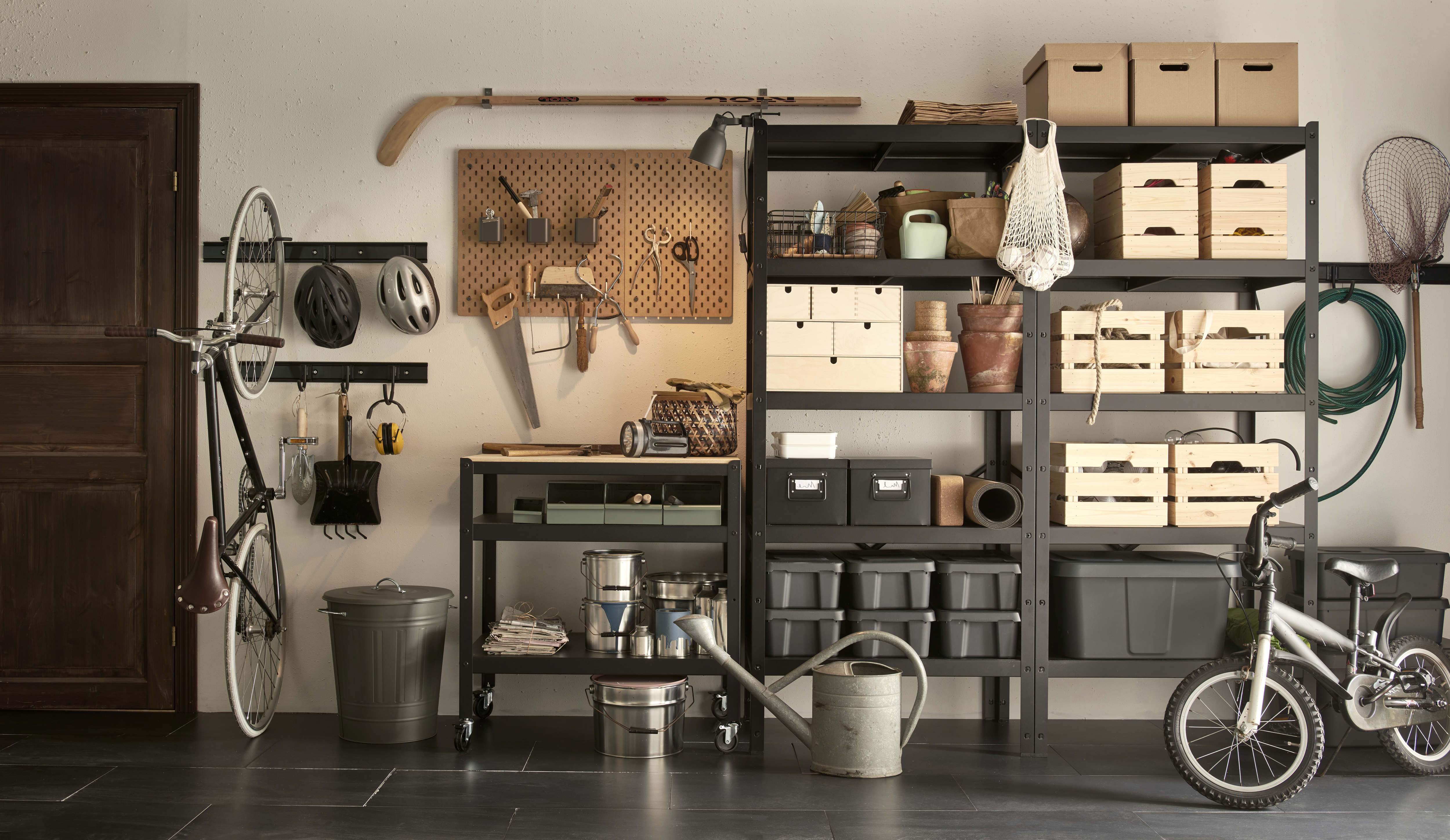
You may find yourself using power tools in areas like garages that might not have too many power outlets handy, so you opt for the next best thing and grab your extension cord. We've been there too but it's probably best to avoid such circumstances and instead relocate to an area with the right amount of power sources.
Jesus explains that power tools such as circular saws, drills, and electric lawnmowers draw a significant amount of power during operation. 'Using an extension cord with these tools can lead to voltage drop and overheating of the cord, potentially causing a fire,' he says.
Dan adds that extension cords should be treated as a temporary solution, not a permanent one. 'If your house does not have enough outlets, it's imperative that you contact a professional electrician who can assist and perhaps make space for a new outlet in the kitchen,' he says.
We suggest canvassing your home and ensuring that you are not using a power strip to operate any of the aforementioned devices. Keeping your home smart and up to date with the latest appliances is great but we urge you to also take responsibility for your safety and operate appliances in a safe manner.
Are Extension Cords Safe?
If you're worried about all the extension cords you now have around the house, fear not. Generally speaking, extension cables are perfectly safe to use as long as you follow manufacturers instructions and avoid overloading the outlets with large appliances or too many devices. You should also keep an eye out for signs of wear and tear to reduce the risk of hazards.
Is it safe to leave extension cords plugged in?
The best practice when using extension cords is to unplug them when they're not in use. Many people don't realize it, but extension cords continue to use energy while they're plugged in, so they run the risk of overheating if left switched on.
Our top buys for a safe smart home

Amiya is a Home Wellness Writer at Livingetc. She recently graduated with a Masters Degree in Magazine Journalism from City, University of London, and has lent her words to beauty, fashion, and health sections of lifestyle publications including Harper’s Bazaar and Women’s Health. Her experience as a research analyst has equipped her with an eye for emerging trends. When she’s off the clock, she can be found reading, listening to music, or overanalyzing her latest Co-Star update.
